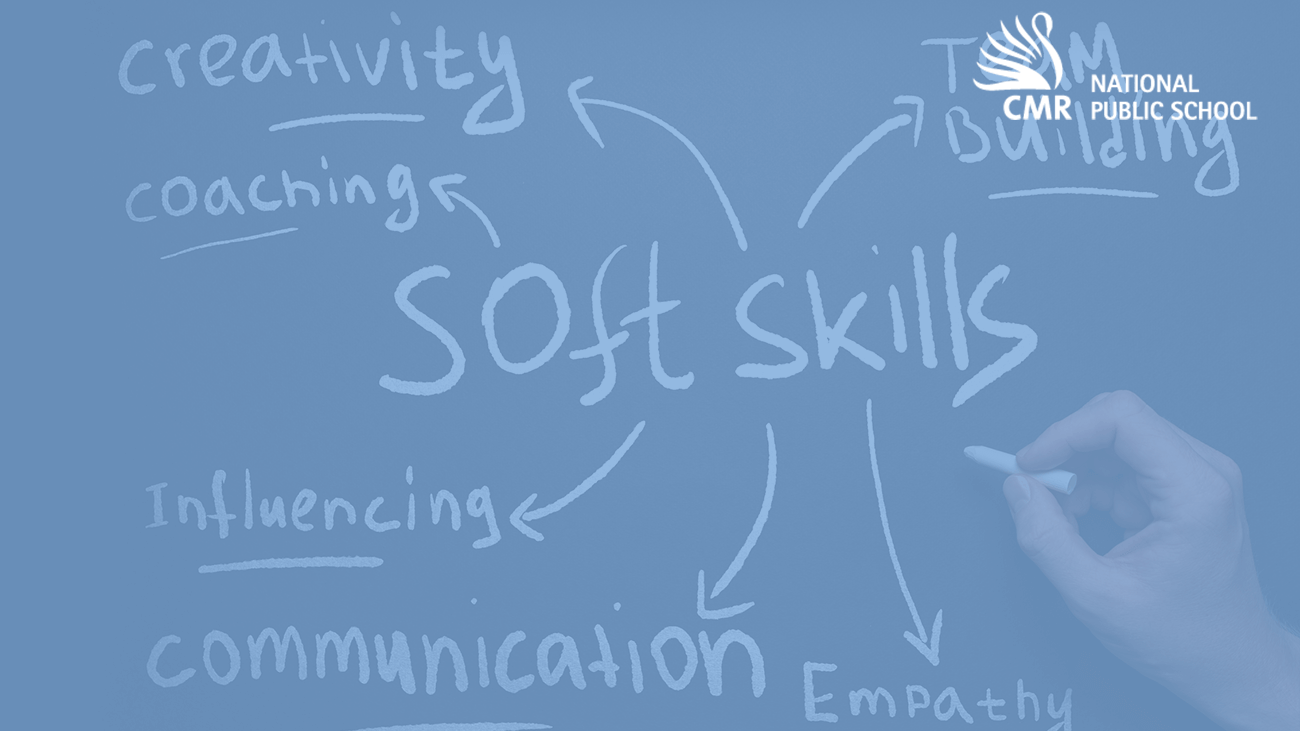Have you ever felt tired and out of energy even after a good night’s sleep? Lost your sleep or appetite? Or felt irritable or overwhelmed even when things are relatively calm? Here’s an Entry Ticket for you: What do irritability, changes in sleep and appetite and poor emotional regulation all have in common? Yup, they’re all symptoms of poor mental health!
Teaching is quite a demanding profession, one that requires you to don many hats. Teachers not only impart education but also manage classrooms, mentor and sometimes even provide emotional support. The weight of these responsibilities, along with other challenges, can lead to stress, anxiety, and eventually, burnout. As educators, it’s vital that you prioritize your well-being to be effective in the classroom. Here are a few things you can do to take care of yourself just as well as you take care of your students.
- Self-awareness is Key. Start by recognizing the signs of stress, burnout, or declining mental health and be honest with yourself about how you’re feeling.
- Set Boundaries. We’re all guilty of using our time for lesson planning, grading, and emails. Draw clear boundaries between work and personal life. Designate specific times for work and relaxation to maintain a healthy balance.
- Prioritize Self-Care. Self-care isn’t selfish; it’s most important to Make time for activities that help rejuvenate you. It could be reading, meditation, exercise or spending time with the ones you love. Remember, a well-rested teacher is more productive and effective!
- Seek Support. Don’t hesitate to reach out to your colleagues, friends, or professionals when you’re feeling overwhelmed or overburdened. Sharing your concerns and seeking support can provide valuable insights and emotional relief. There is no shame in asking for help!
- Develop Coping Strategies. How can we teach our students how to centre themselves when we don’t do the same? Practice what you preach! Adopt deep breathing exercises, journaling, or mindfulness practices to help you stay centred and resilient in the face of challenges.
- Time Management. Prioritize tasks, set realistic goals, and use tools like to-do lists or digital calendars to stay organized and eliminate unnecessary stress.
- Embrace Professional Development. Learning is fun! Keep updating yourself with the latest teaching methods and technologies. Continuous learning can boost confidence and reduce the stress of adapting to new classroom approaches.
- Celebrate Small Wins. Big accomplishments need to be celebrated but teaching is filled with little moments of success. Celebrate the small victories, whether it’s a student’s improvement or a successful lesson plan. Recognizing these moments can boost your morale.
- Disconnect When Necessary. Take breaks from technology and screens, especially during non-working hours. Constant connectivity can contribute to burnout. Disconnect to connect!
Remember, taking care of your mental health as a teacher is not a luxury; it’s a necessity. By prioritizing self-awareness, setting boundaries, and implementing self-care practices, you can maintain your emotional well-being and continue to inspire and educate your students effectively. Remember, a healthy teacher positively impacts not only their own life but also the lives of the students they guide and mentor

Natalia Rodrigues
Counsellor, CMRNPS


